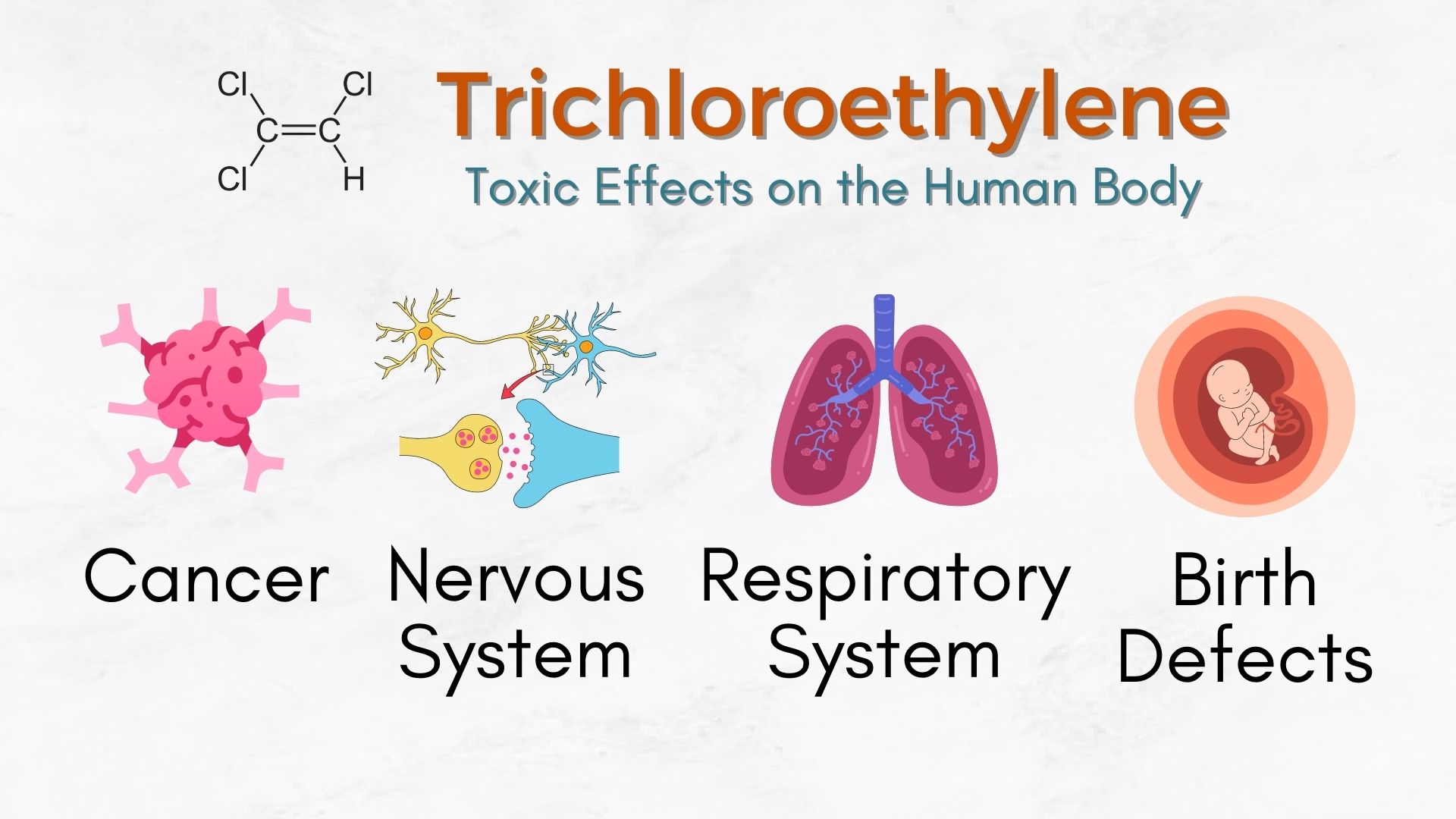
Howe's Leather in Durbin, West Virginia, had a toxic compound called trichloroethylene (TCE) in its soil. TCE is a colorless, volatile liquid that is used as a solvent for degreasing metals and dry cleaning clothes. It is also used in some industrial processes, such as the manufacture of paint and varnish.
TCE is a known carcinogen, and exposure to it can cause a variety of other health problems, including liver damage, kidney damage, and neurological problems. The Environmental Protection Agency (EPA) has set a maximum contaminant level (MCL) for TCE in drinking water of 5 parts per billion (ppb).
In 2016, the West Virginia Department of Environmental Protection (WVDEP) discovered that the soil at Howe's Leather was contaminated with TCE at levels above the MCL. The WVDEP required Howe's Leather to take steps to clean up the contamination, and the company has since installed a soil vapor extraction system to remove the TCE from the soil.
The WVDEP has also been working to ensure that the TCE contamination does not pose a risk to public health. The agency has tested the drinking water in the area and found that it is safe to drink. The WVDEP is also monitoring the air quality in the area to ensure that TCE levels are below safe levels.
The cleanup of the TCE contamination at Howe's Leather is ongoing, but the WVDEP is confident that the contamination will be removed from the soil and that the public health will be protected.
Trichloroethylene (TCE) is a volatile organic compound (VOC) that is used as a solvent to remove grease and oils from metal parts. It is a colorless liquid with a sweet, chloroform-like odor. TCE is also used in the manufacture of other chemicals, such as refrigerants and aerosol propellants. It was formerly used as a dry cleaning solvent, but this use has been largely discontinued due to concerns about its health effects.
TCE can be found in a variety of consumer products, including:
- Paint removers
- Spot removers
- Metal degreasers
- Wood finishes
- Adhesives
- Stain removers
- Dry cleaning fluids
TCE can also be found in drinking water and groundwater in some areas. It can enter the environment through spills and leaks from industrial facilities, as well as from the improper disposal of consumer products.
Exposure to TCE can occur through inhalation, ingestion, or skin contact. Breathing in high levels of TCE can cause dizziness, headaches, sleepiness, confusion, nausea, unconsciousness, and even death. Long-term exposure to TCE can increase the risk of several types of cancer, including kidney cancer, liver cancer, and non-Hodgkin lymphoma. TCE can also damage the nervous system, reproductive system, and immune system.
The US Environmental Protection Agency (EPA) has classified TCE as a known human carcinogen. The EPA has also set a maximum contaminant level (MCL) for TCE in drinking water of 5 parts per billion (ppb).
Steps to reduce exposure to TCE:
- Avoid using consumer products that contain TCE.
- If you must use a product that contains TCE, be sure to use it in a well-ventilated area and wear gloves and other protective gear.
- Dispose of consumer products that contain TCE properly.
- Have your drinking water tested for TCE if you are concerned about exposure.
If you are concerned about exposure to TCE, talk to your doctor.


.png)

No comments:
Post a Comment